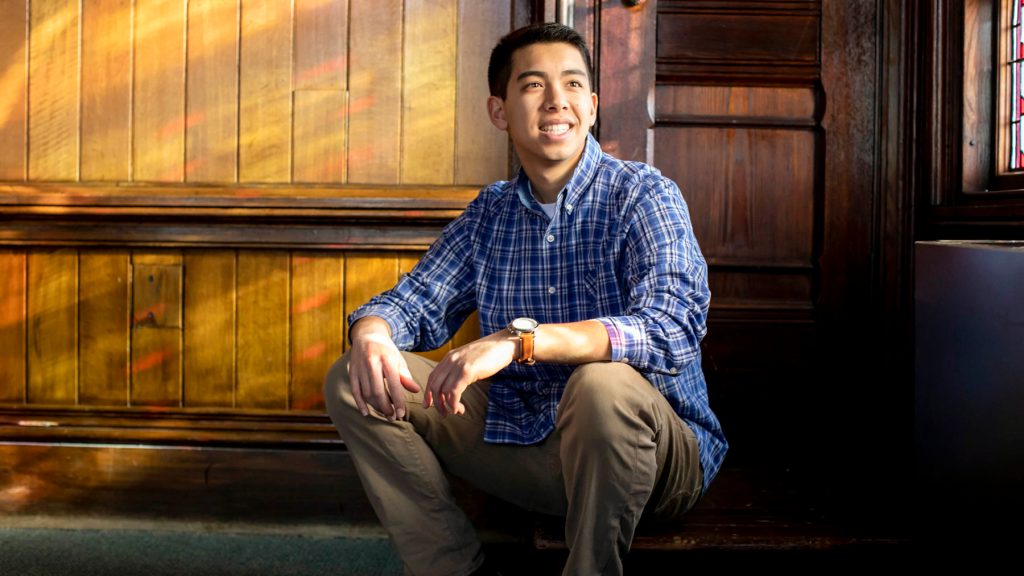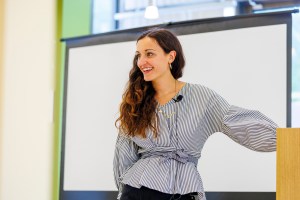Nation & World
-

A tale of three cities — and their turn to right in heartland
Government professor’s new book focuses on roles of race, class, and religion in evolution of former New Deal Democrats
-

Why do election polls seem to have such a mixed track record?
Democratic industry veteran looks at past races, details adjustments made amid shifting political dynamics in nation
-

You’d never fall for an online scam, right?
Wrong, says cybersecurity expert. Con artists use time-tested tricks that can work on anyone regardless of age, IQ — what’s changed is scale.
-
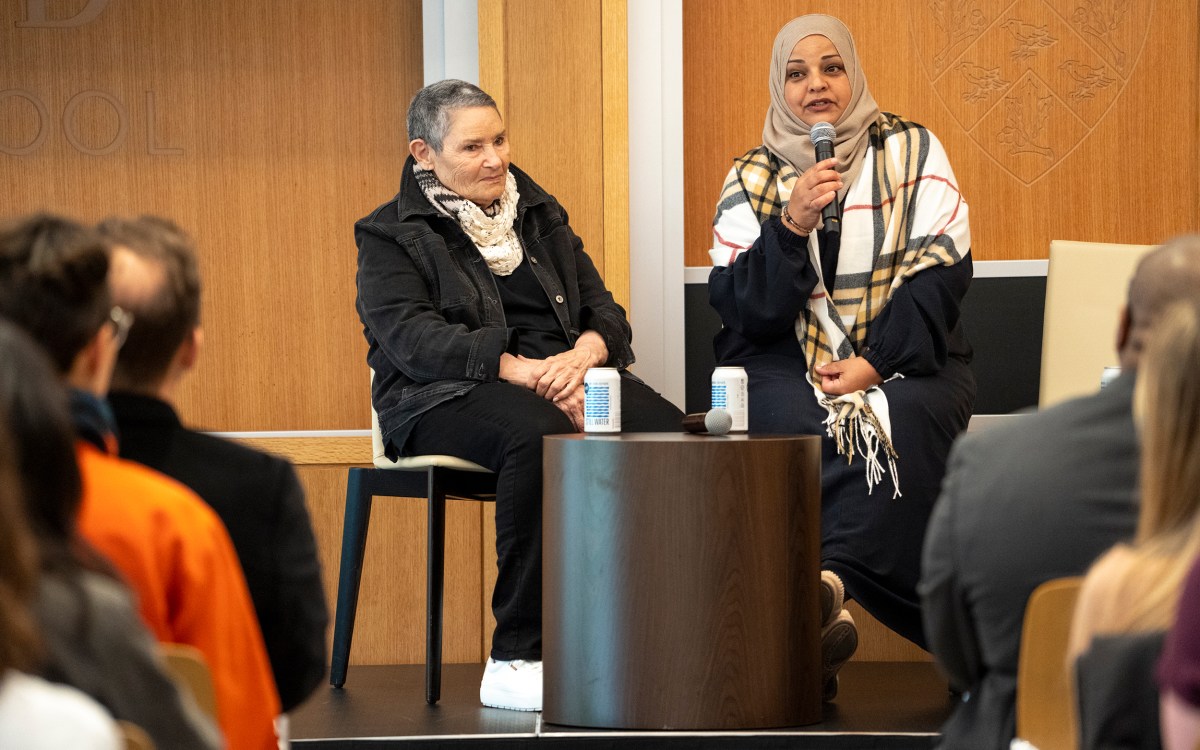
Two bereaved mothers who know price of war work for peace
Layla Alsheikh, Robi Damelin argue path to Mideast reconciliation begins with acknowledging common humanity
-

Taking the phones out of school
In podcast episode, experts discuss growing movement to restrict devices in class
-
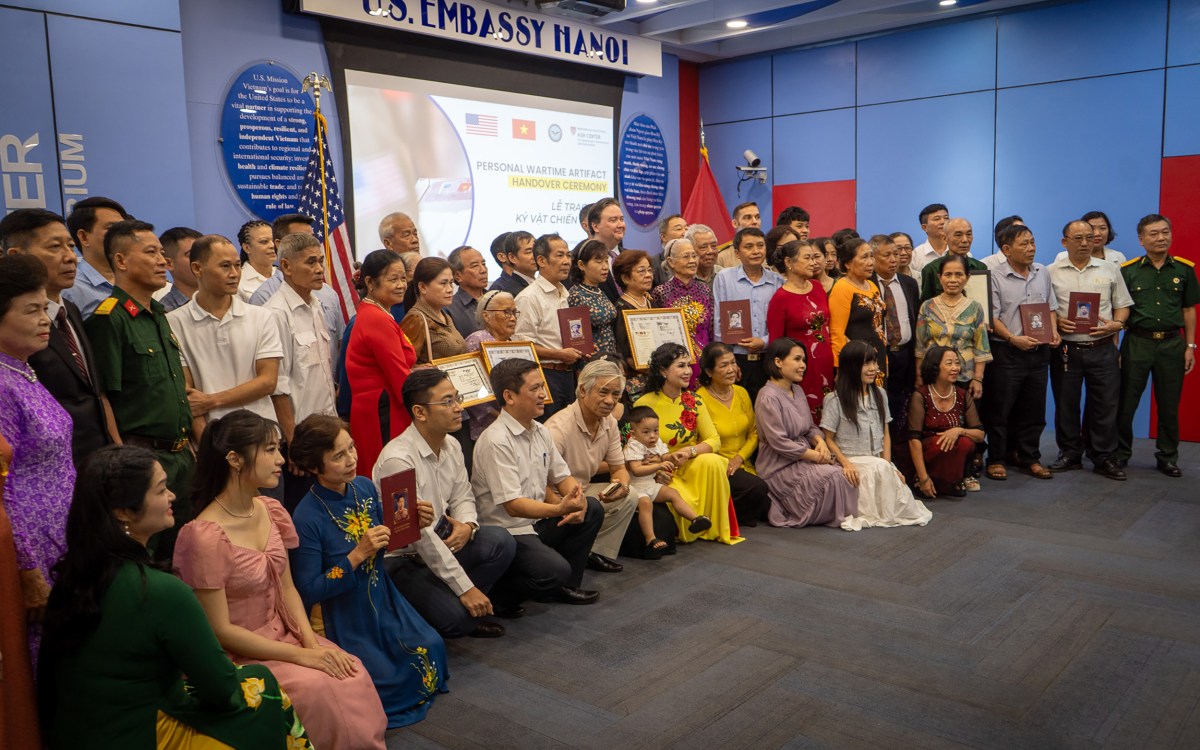
‘The first new information we’ve heard in 50 years’
Unseen Legacies researchers are answering decades-old questions about the fates of Vietnamese soldiers
-
Has Trump remade the presidency?
In a new book, authors say Donald Trump is remaking the American presidency into something far more powerful and personal than the country has ever seen.
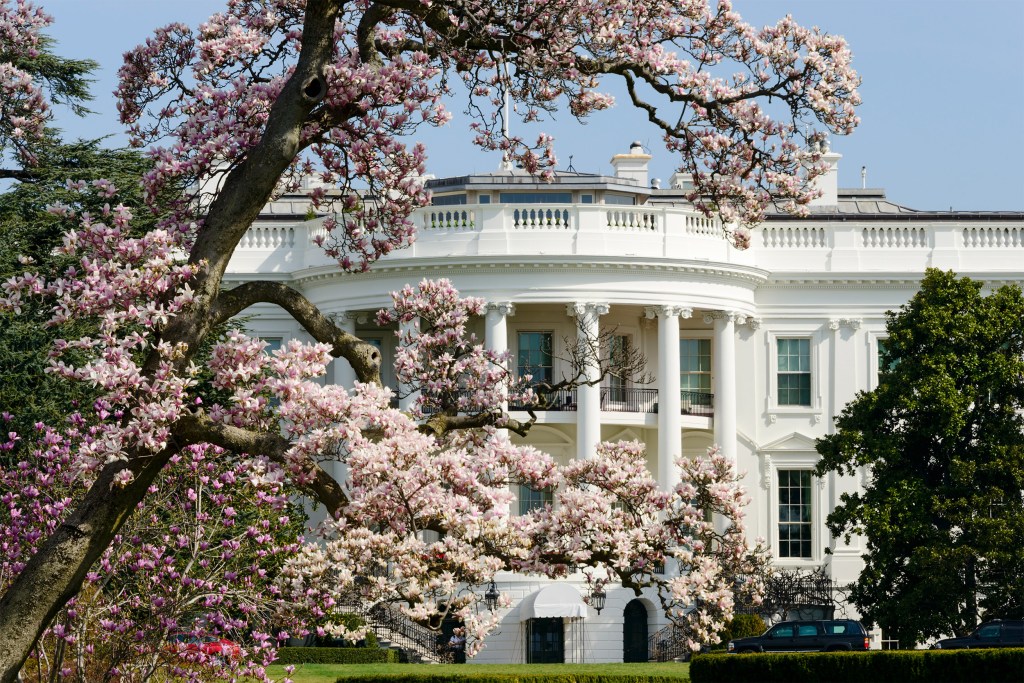
-
Working with principals in fire-scarred Australia
To allow more school principals to access their Leadership for School Excellence Program, instead of bringing Australian teachers to Cambridge, Harvard brought the program to them.
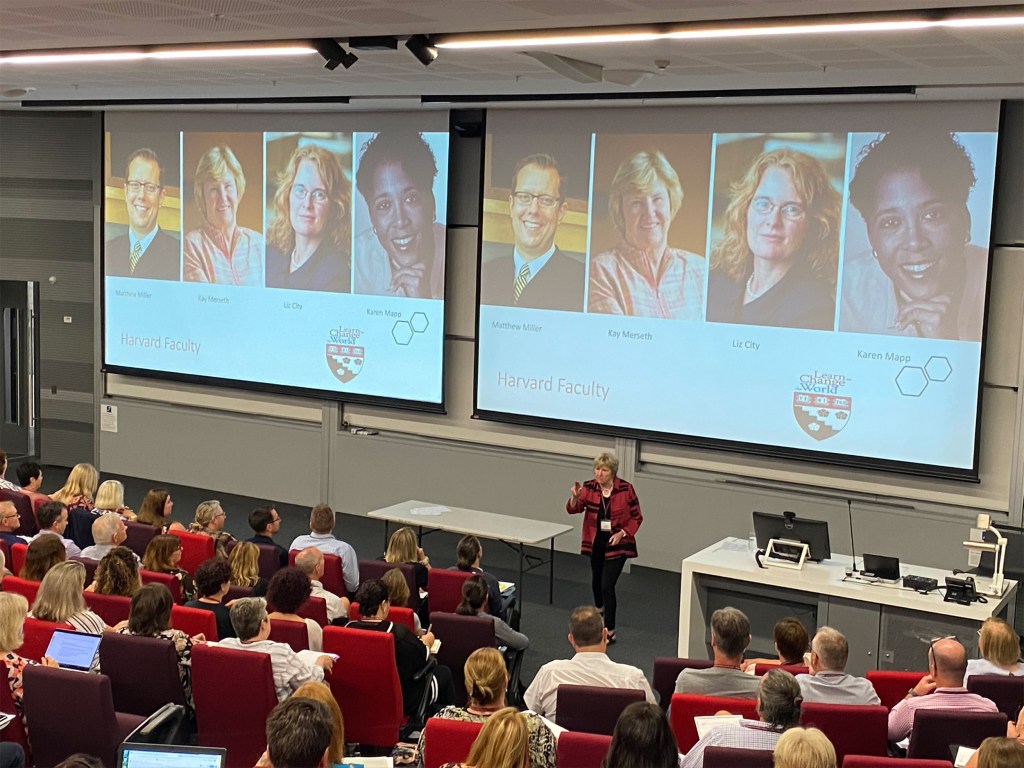
-
Get your head in the game
NBA coach Steve Kerr visits the Kennedy School to talk both sports and personal politics.
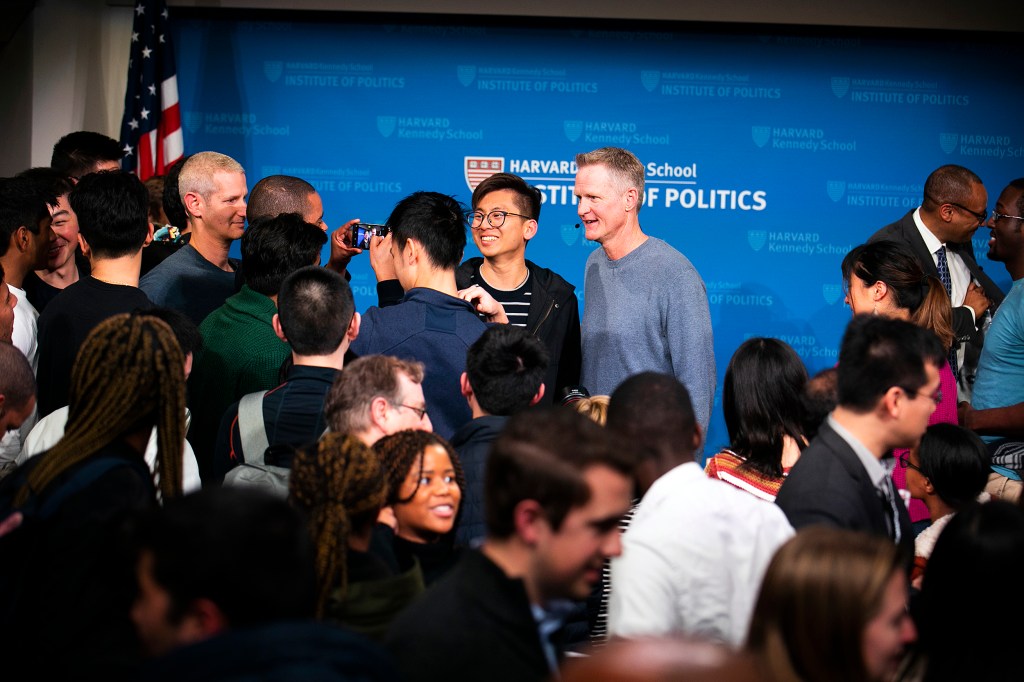
-
A flight from homophobia
Neal Hovelmeier, a gay teacher fired from his job in a Zimbabwean school who is now a Radcliffe Fellow and Harvard Scholar at Risk, is working on a play informed by his experience and a curriculum based on intolerance.
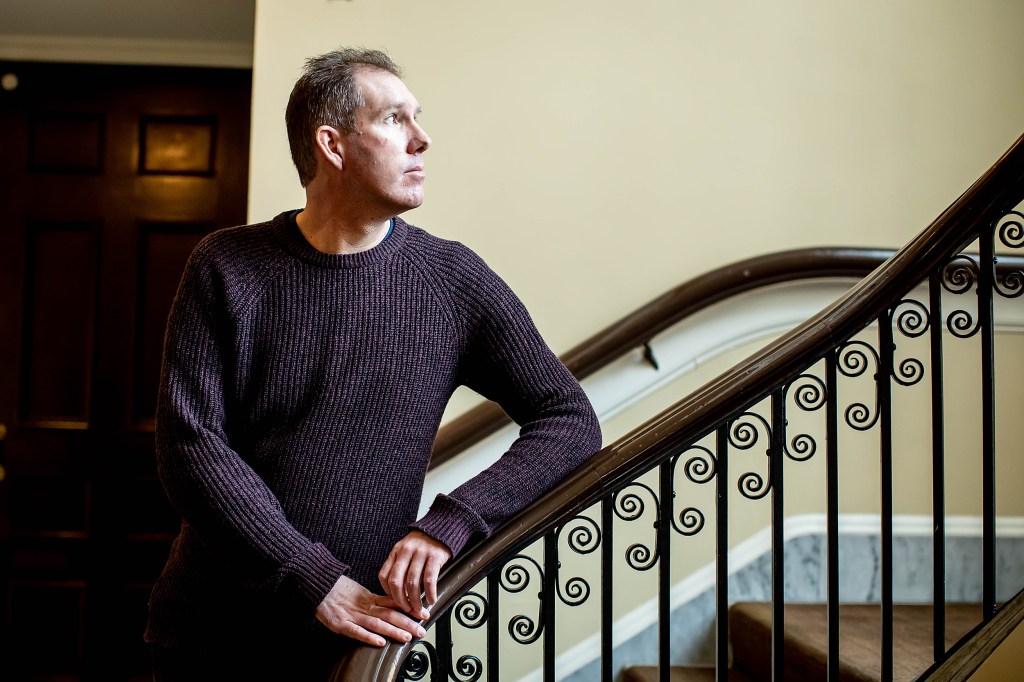
-
Australian wildfires will claim victims even after they’re out
Long-term exposure to the smoke-filled air hanging over much of the country could lead to many premature deaths in Australia.
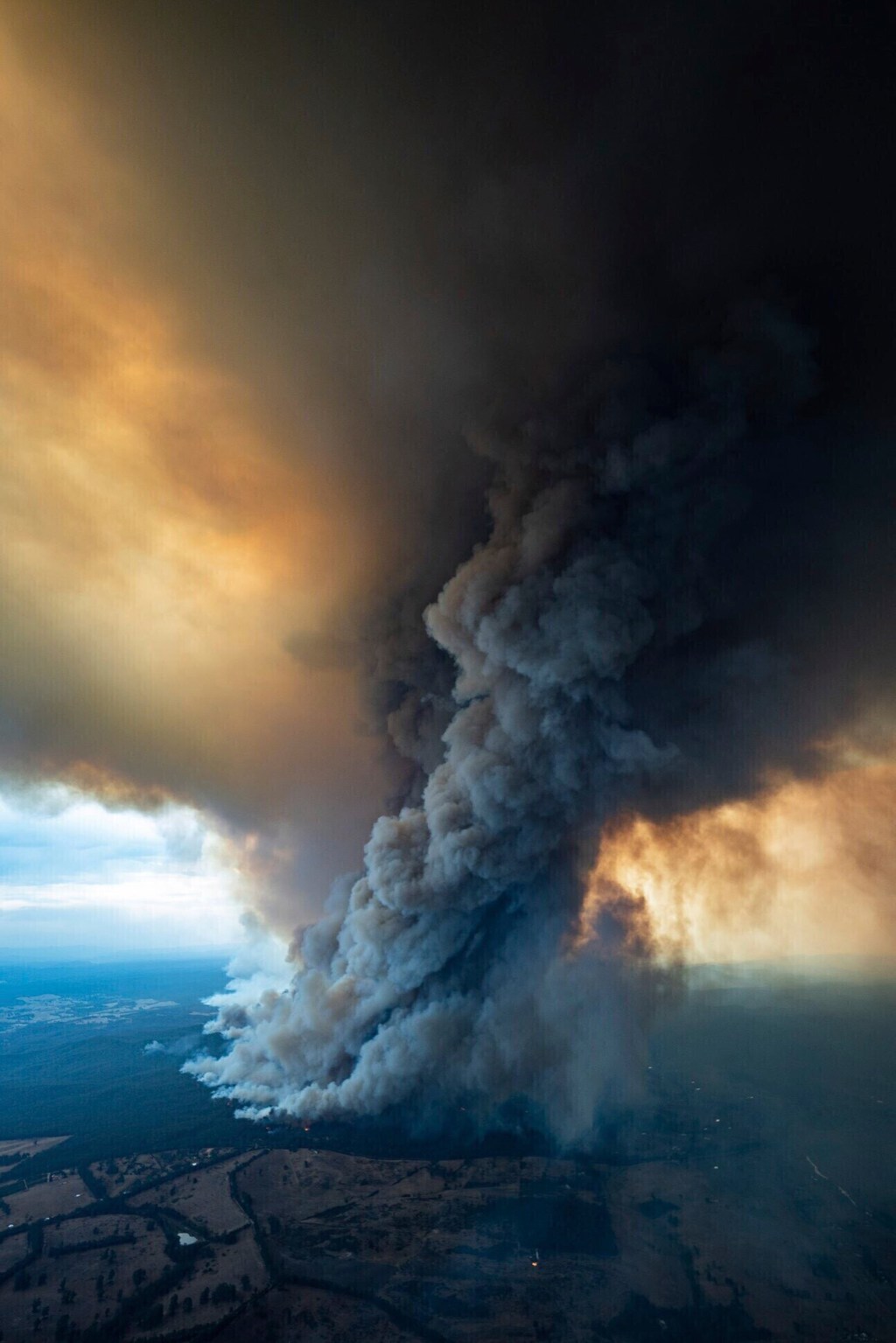
-
Nonviolence in mass uprisings
Harvard researchers develop interactive map that provides detail about mass uprisings around the world.

-
How America went astray
Nicholas Kristof and Sheryl WuDunn return to Kristof’s rural Oregon hometown to find the roots of white working-class anger
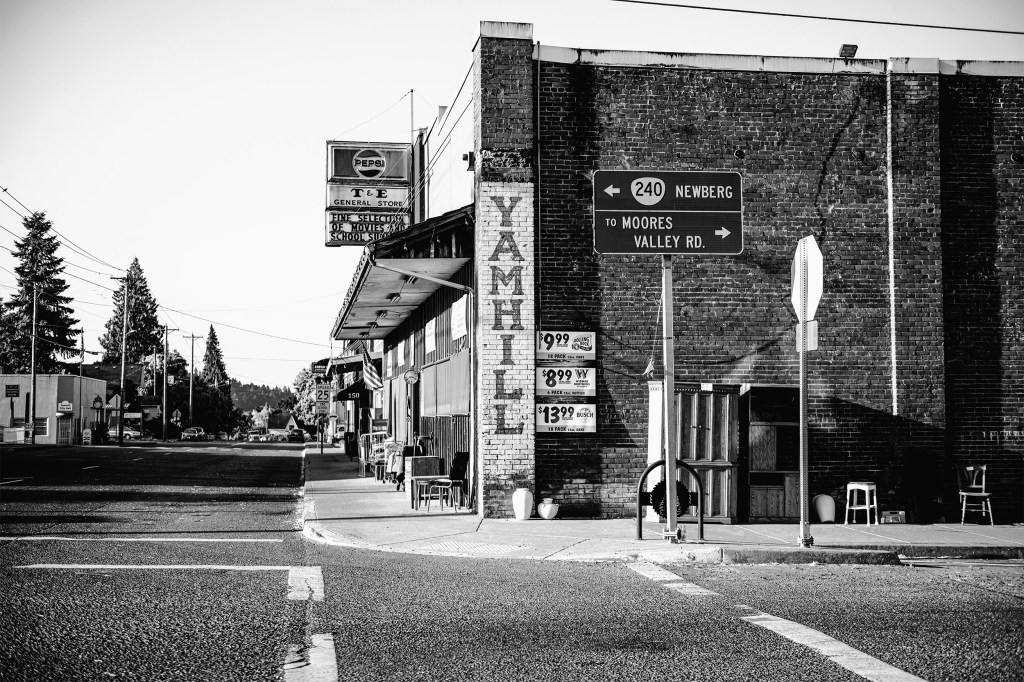
-
High court press
Harvard men’s basketball team got a behind-the-scenes look at the Supreme Court.
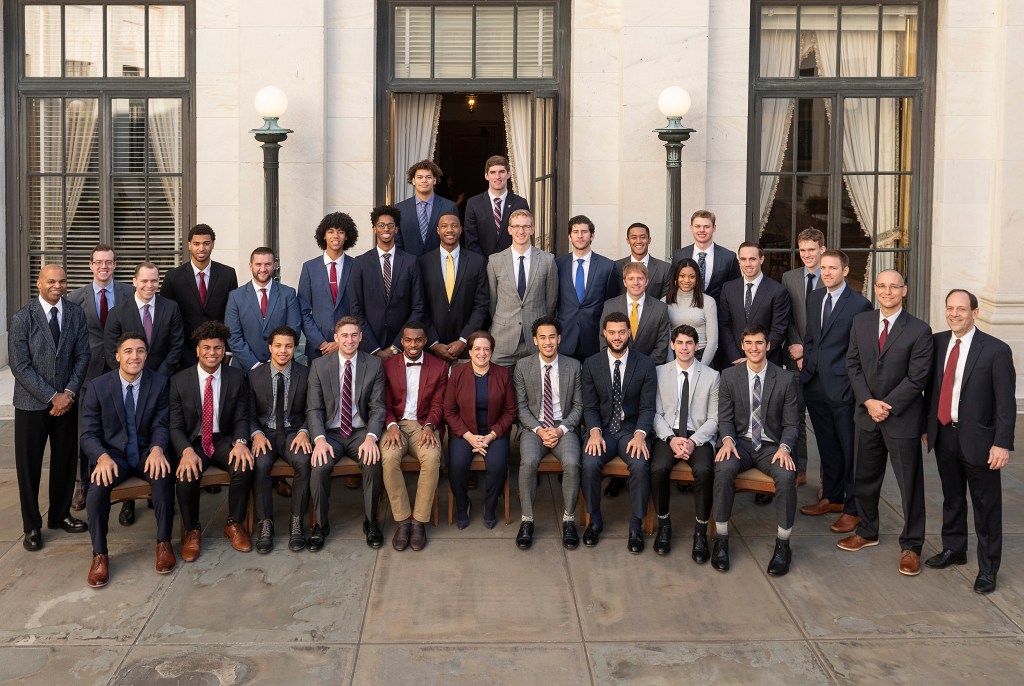
-
What makes for a moral foreign policy?
In his book, “Do Morals Matter?,” Joseph S. Nye Jr. rates every U.S. president from FDR to Trump on the ethics of their foreign policy decisions.
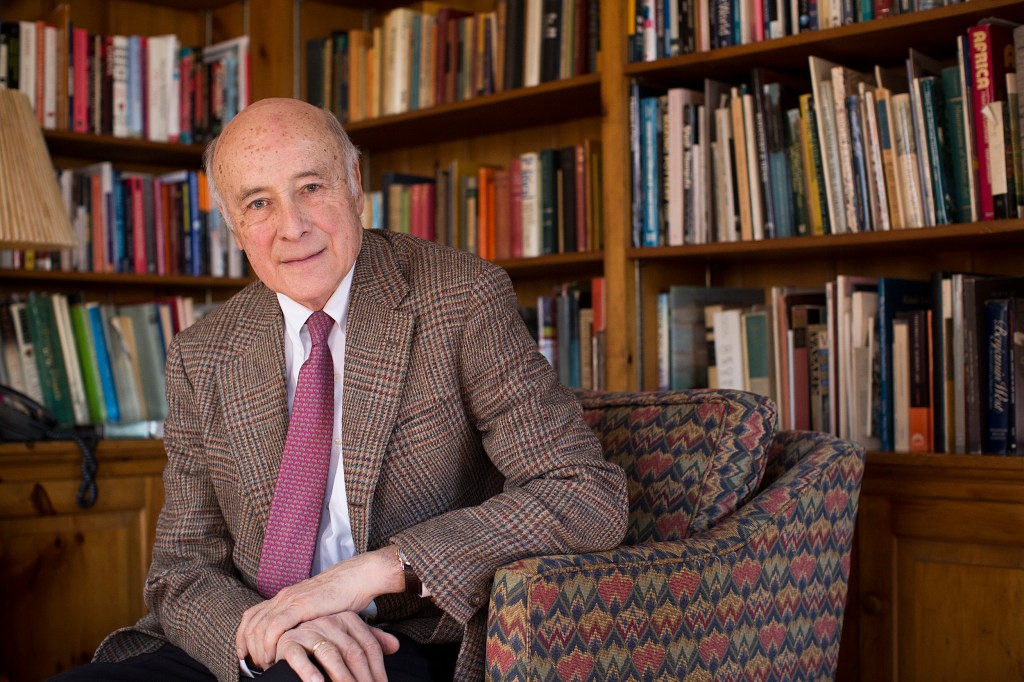
-
Flight from reason
In his new book, “How America Lost Its Mind: The Assault on Reason That’s Crippling Our Democracy,” Thomas Patterson looks at the rejection of logic and reason in American political life and how it threatens Democracy.
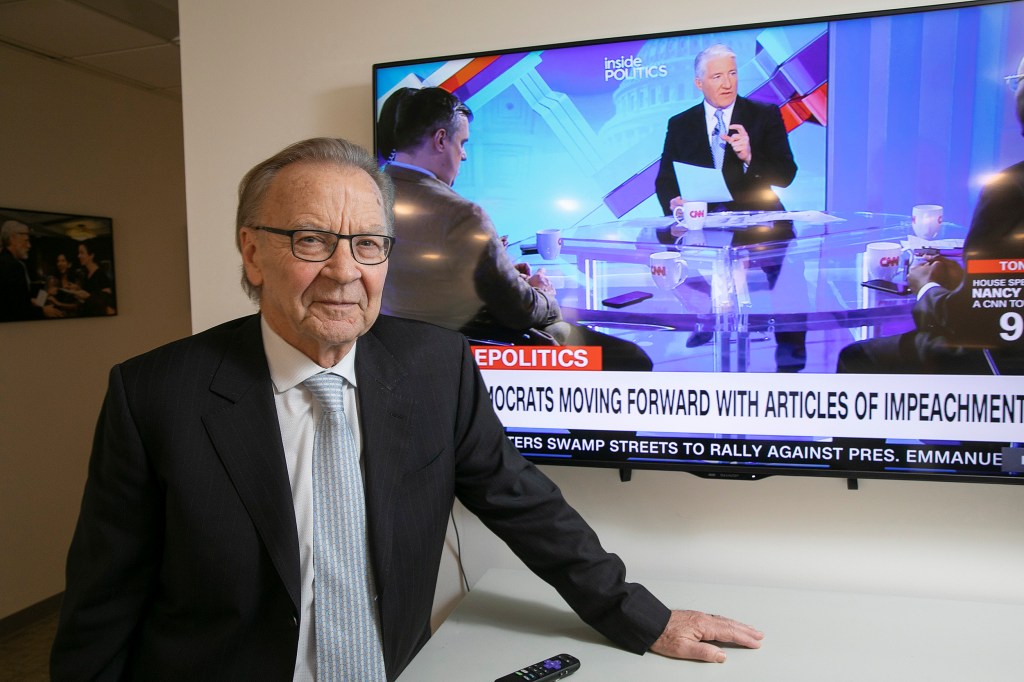
-
Run, Jenny, run!
A Harvard physics professor spends a sabbatical trying to break the world record for fastest trans-America run.
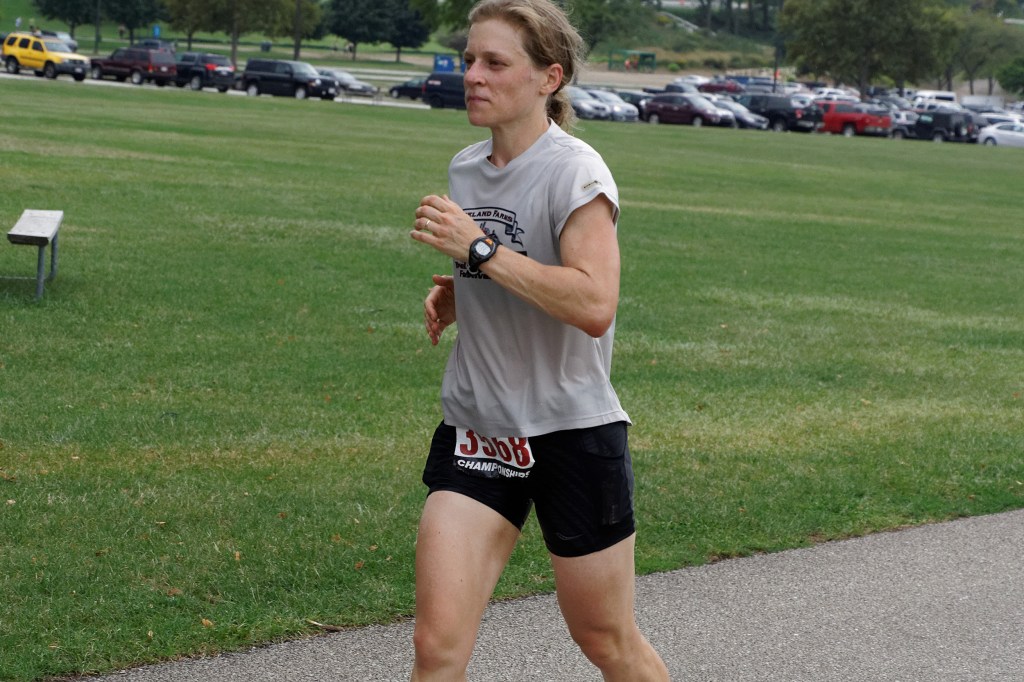
-
Creating an environment that fosters innovation
Following a visit to Harvard Law School, director of the White House Office of Science and Technology Policy Kelvin K. Droegemeier shared the goals of the Joint Committee on the Research Environment and the progress being made.
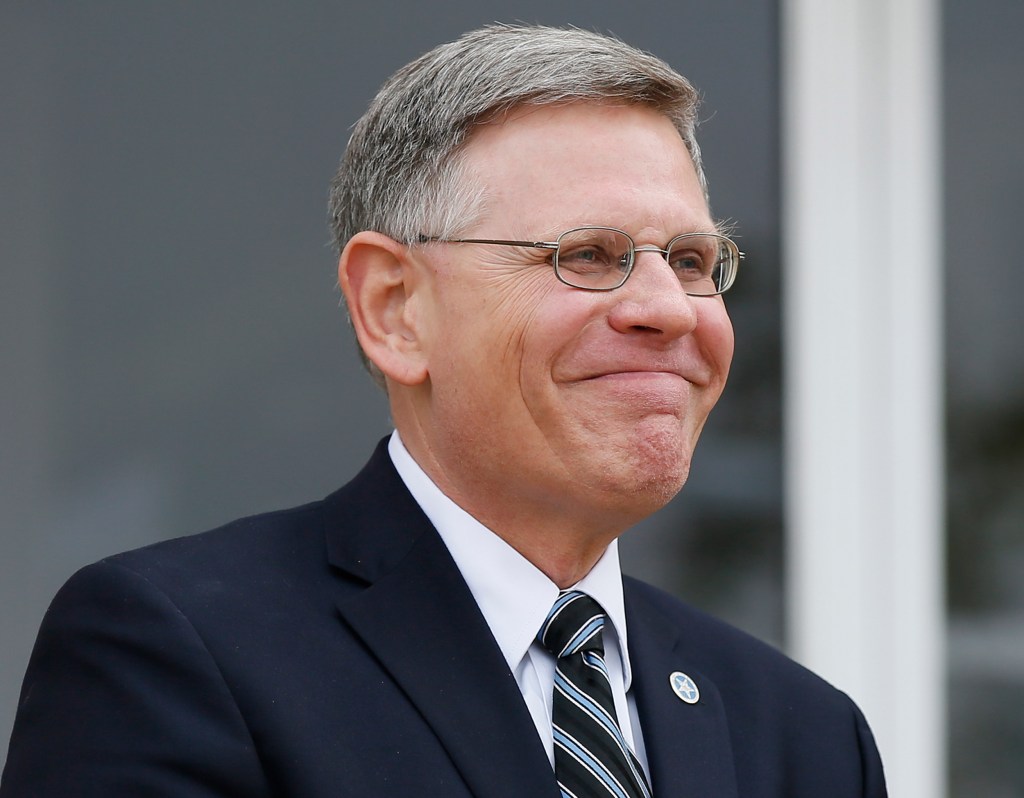
-
Two-parent homes aren’t the key for all
A postdoctoral scholar and incoming assistant professor, Christina Cross talks about rethinking the ideal family, the limits of demographic research, and policy alternatives for alleviating poverty in America.
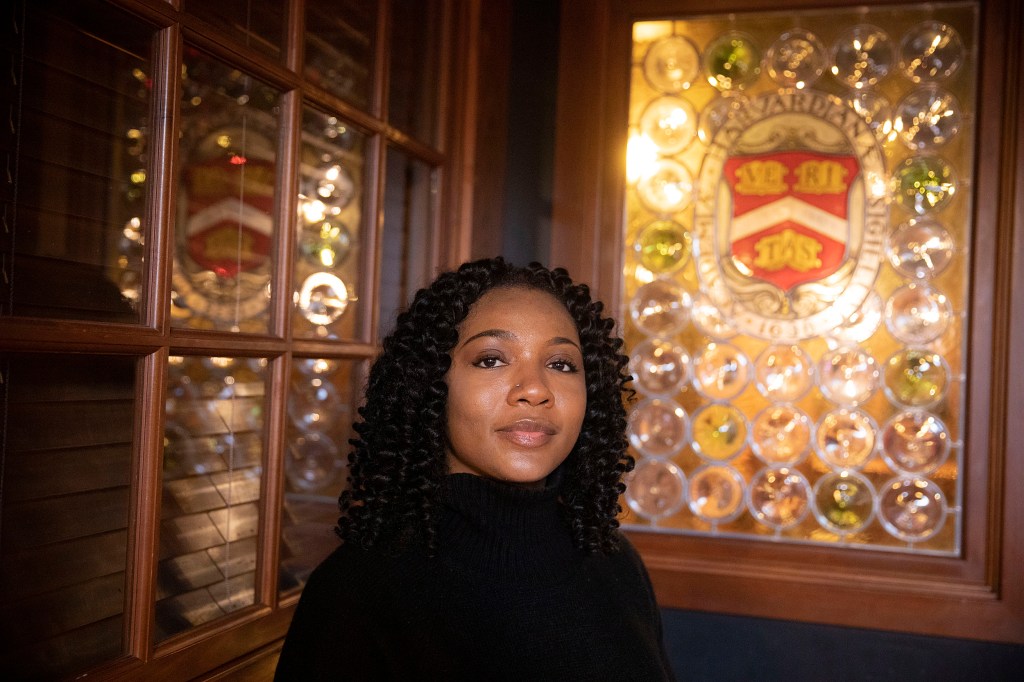
-
Should Medicare for All be Democrats’ top priority?
Health care experts discussed whether revolutionary change to a single-payer national health insurance plan or more incremental change from tweaking the ACA is preferable should Democrats pick up power in November.
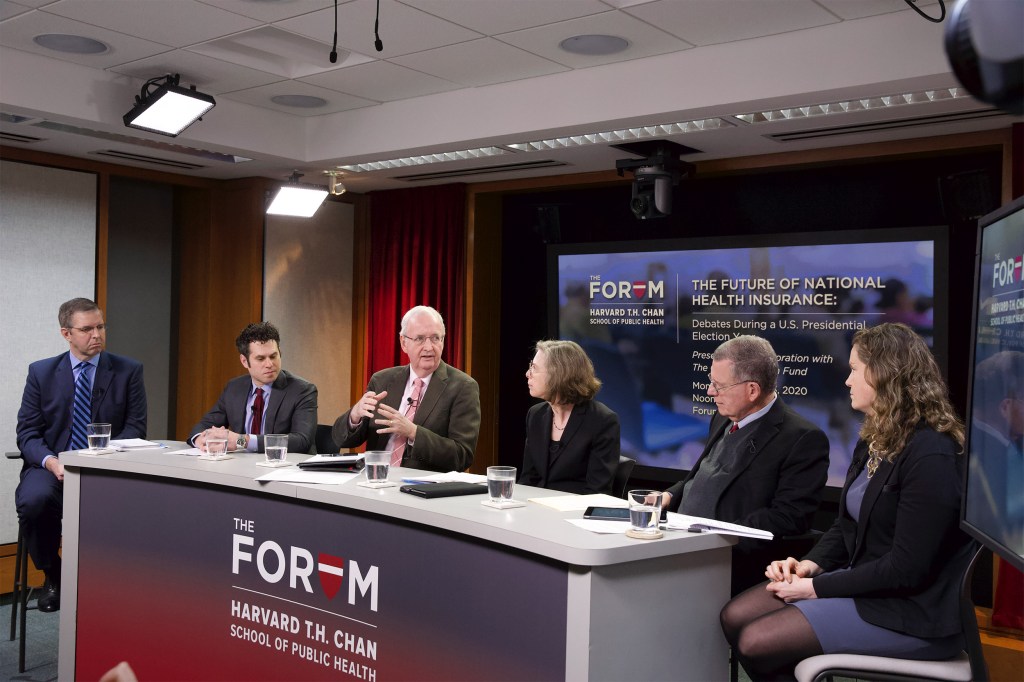
-
On the brink of war
U.S. Ambassador Wendy Sherman discusses the dangers posed by Iran’s announcement that it will not abide by limits set forth in the 2015 nuclear deal, an accord she negotiated on behalf of the U.S.
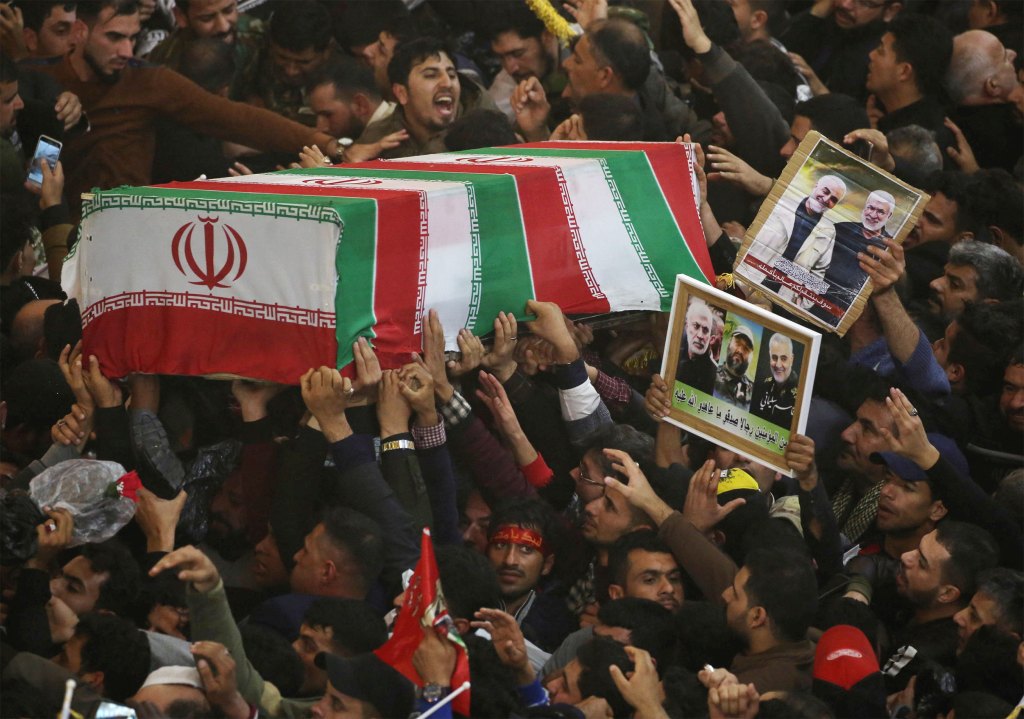
-
Unlearning racial bias
Miao Qian, a postdoctoral research fellow with the Inequality in America Initiative, studies the development of implicit racial biases in children to understand better how and when unconscious prejudices and stereotypes form in the brain.
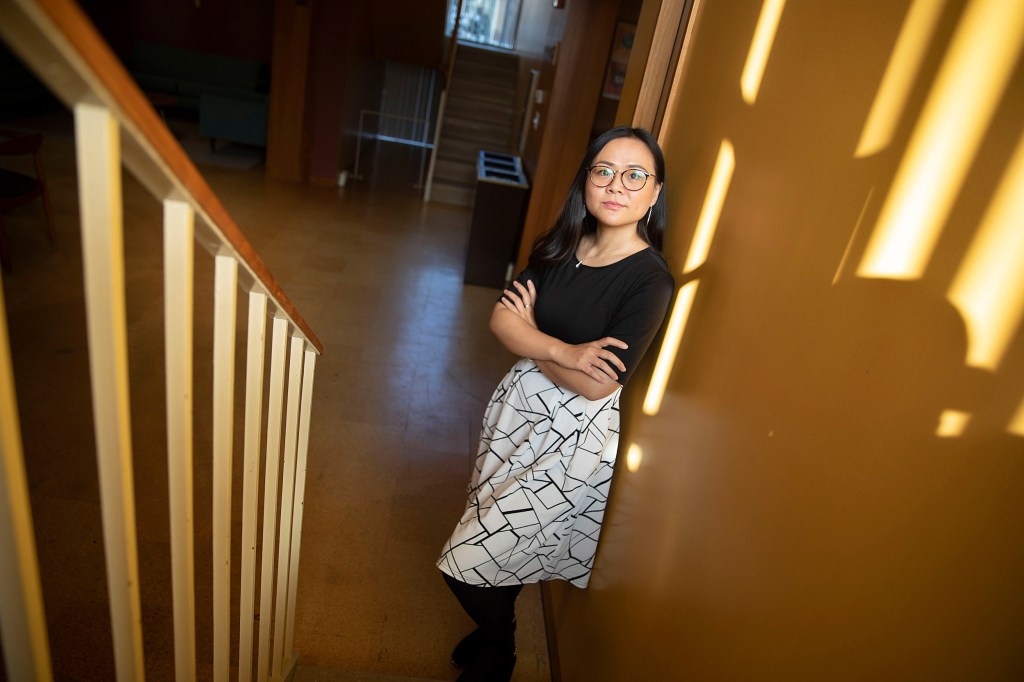
-
From a royal palace to ivy halls: A dissident’s view of the Arab Spring
Morocco’s Prince Moulay Hicham el Alaoui relinquished his title to press for democratic principles. In an Epicenter article, he assessed the Arab Spring.
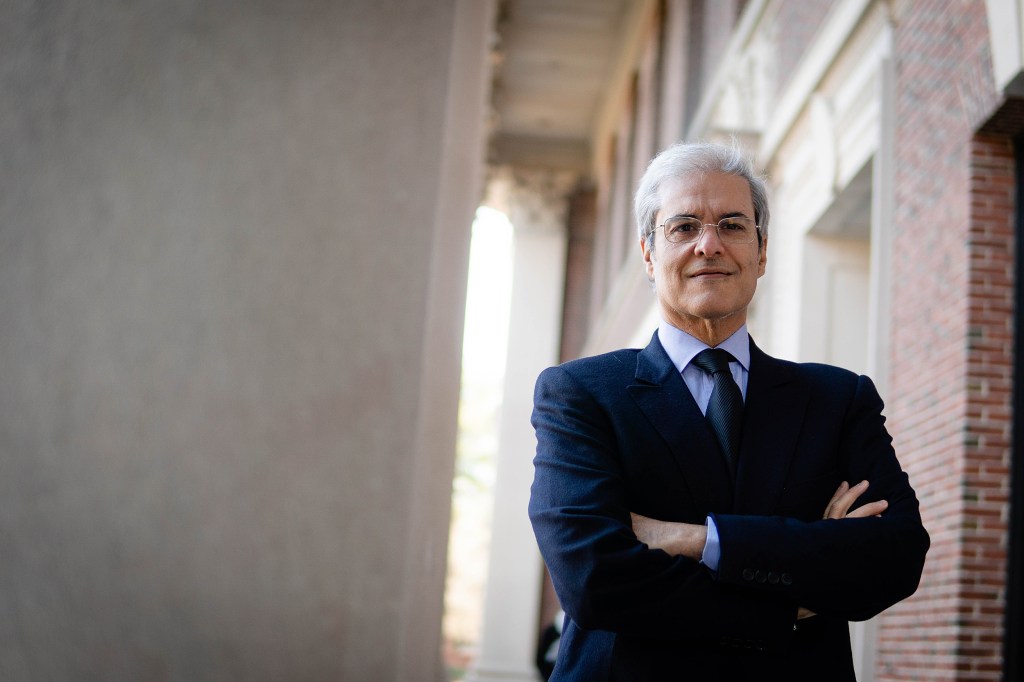
-
The legacy of the 2010s
Harvard experts recalling some of the biggest moments of the 2010s.
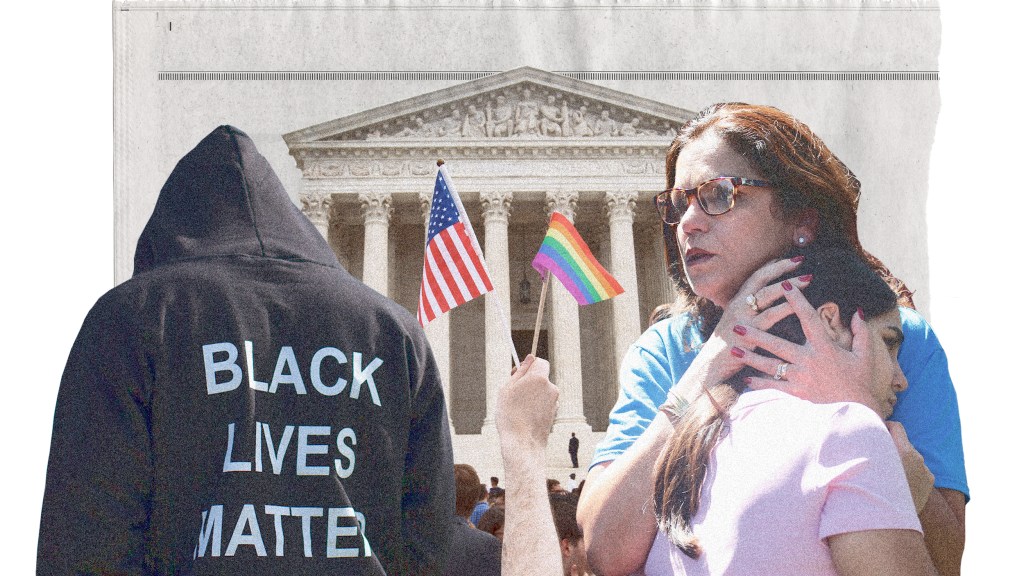
-
What weighed on us in 2019? ‘Climate emergency’
Harvard faculty reflect on 2019’s word of the year: “climate emergency.”
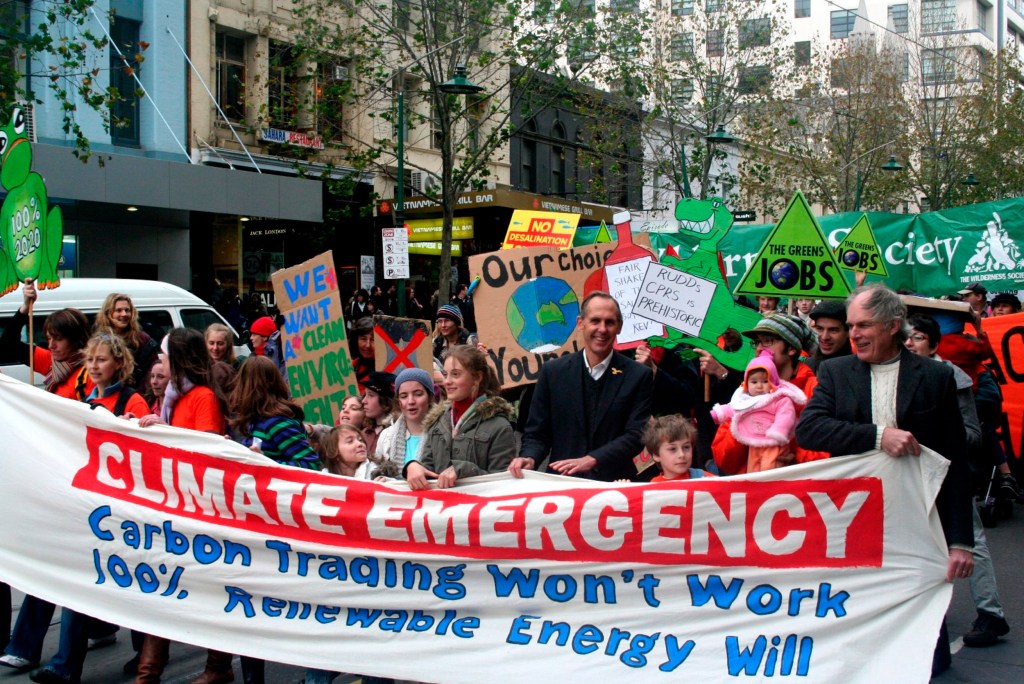
-
The rise of Vladimir Putin
Analysts look back at the unexpected rule of Russian President Vladimir Putin, now 20 years in power.
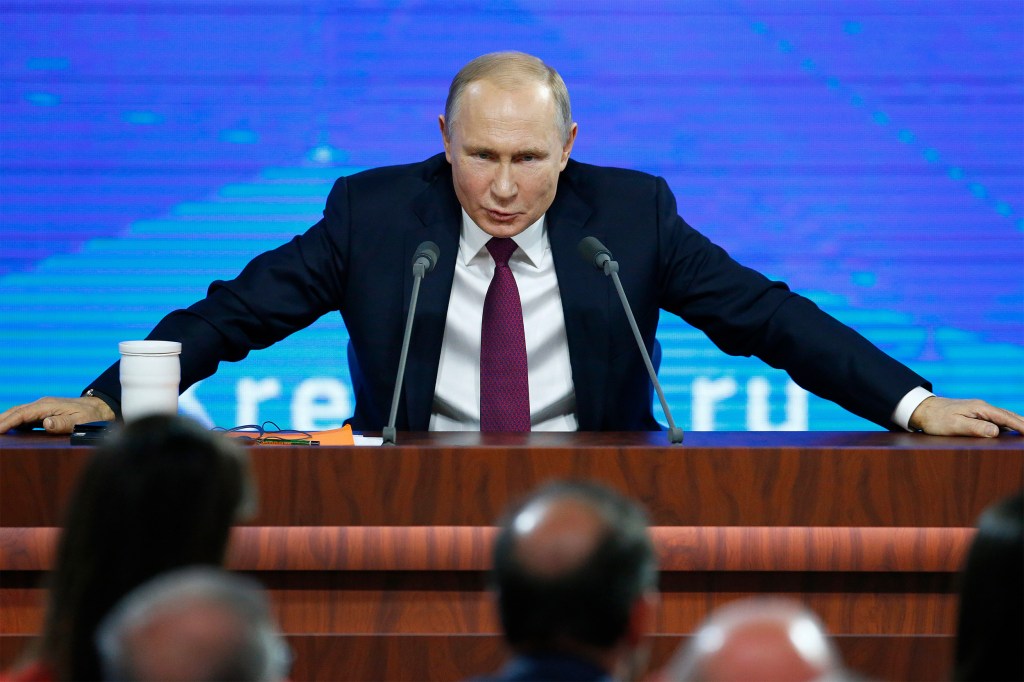
-
Impeachment: What this means, where this leads
To gain a better understanding of the issues in play following the House impeachment of President Donald Trump, the Gazette asked Harvard faculty and affiliates in history, law, politics, government, psychology, and media to offer their thoughts.
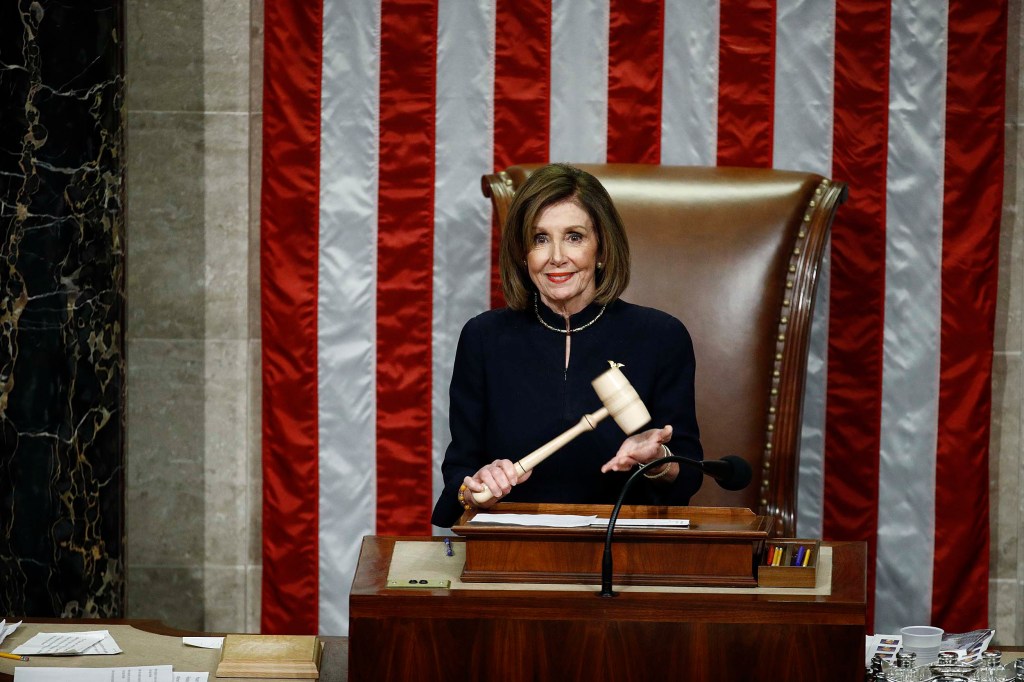
-
The hunt for a lost book of Moses
At a recent talk, Chanan Tigay offered listeners an enticing peek at his narrative, describing how he landed on the story of the mysterious manuscript.
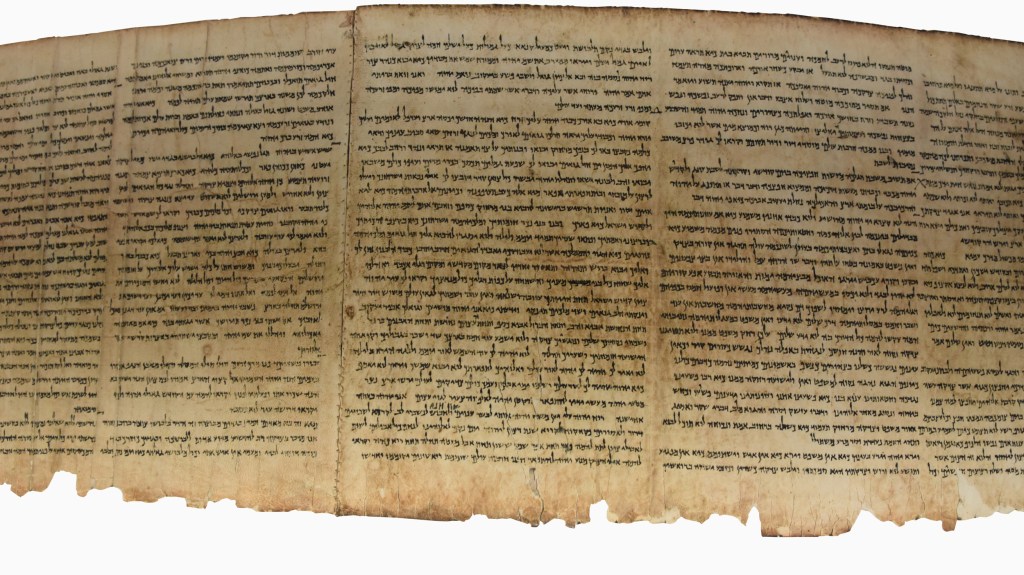
-
Food for thought
Chef José Andrés discusses how food is connected to many other realms, from public health, to climate, to history, and even to moral philosophy.
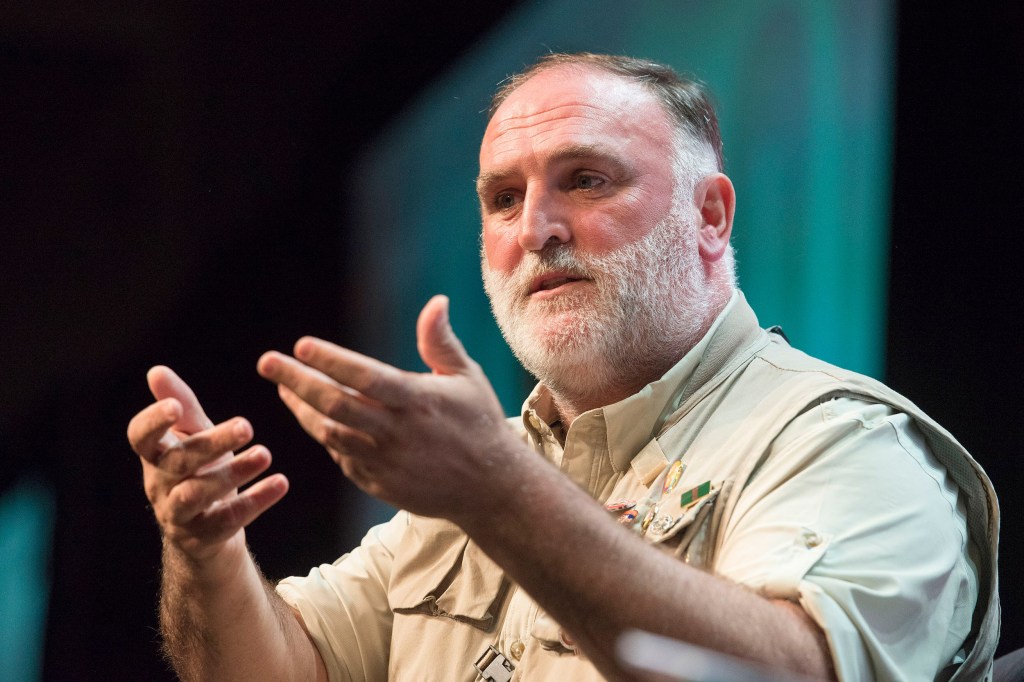
-
A plea for mercy
Martha Minow discusses her book, “When Should Law Forgive?,” in which she argues for more forgiveness in the law.
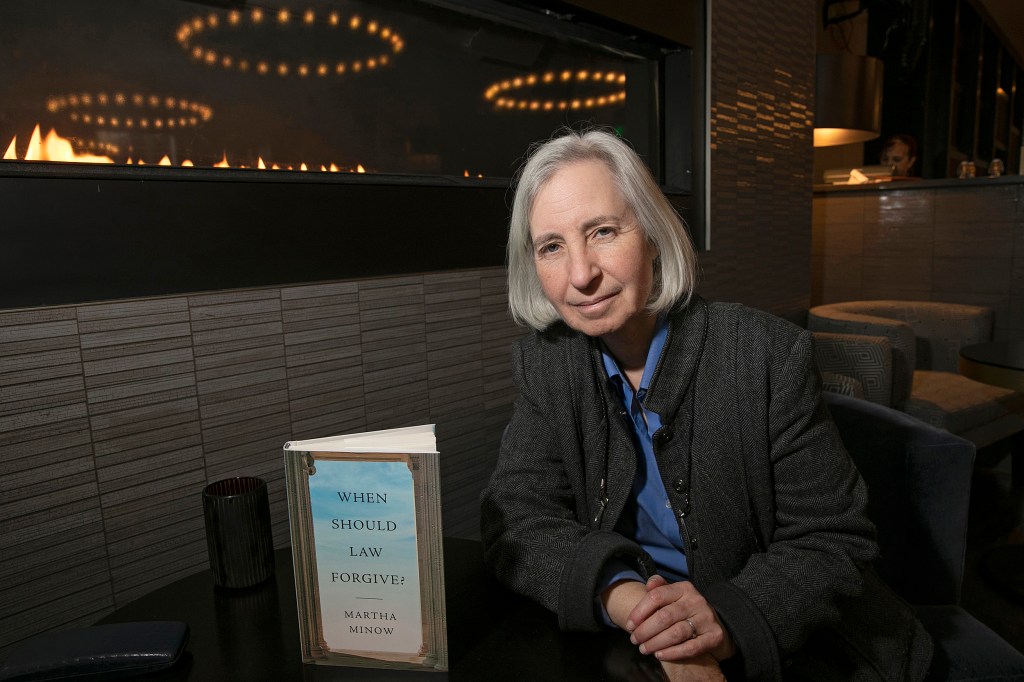
-
Twitter and the birth of the 1619 Project
Nikole Hannah-Jones of The New York Times and Harvard Professor Henry Louis Gates Jr. discuss the newspaper’s landmark 1619 Project, which commemorates the 400th anniversary of slavery and reconsiders the historical record.
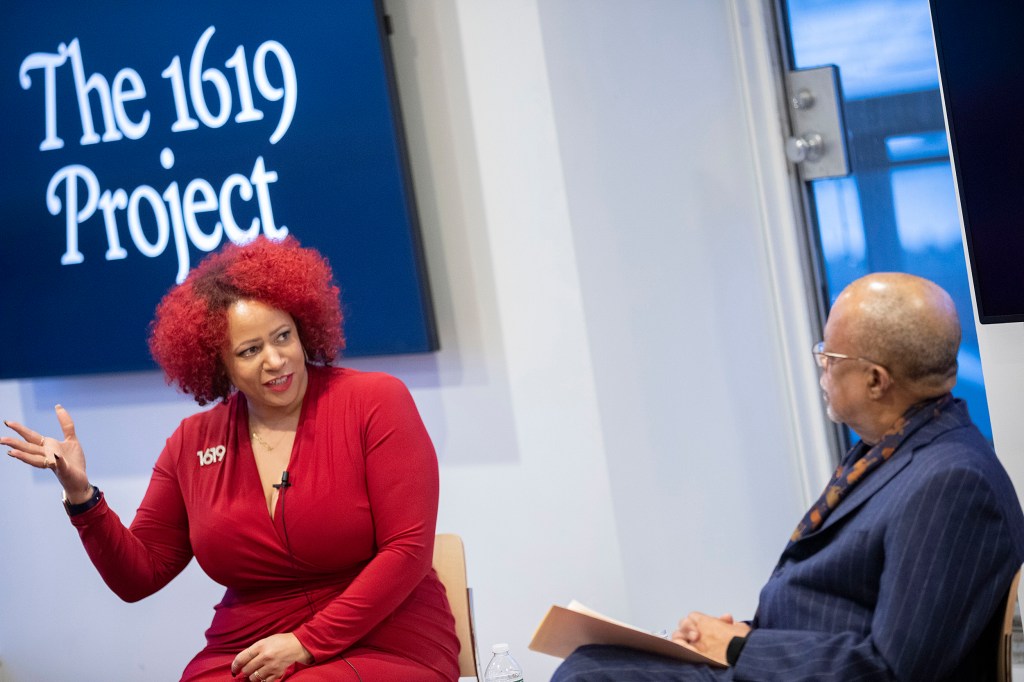
-
Can this union be saved?
In a country more fractured than ever, Harvard Professor Danielle Allen, The Atlantic editor Jeffrey Goldberg, and writer Adam Serwer discuss what it will take to bring our democracy back together.
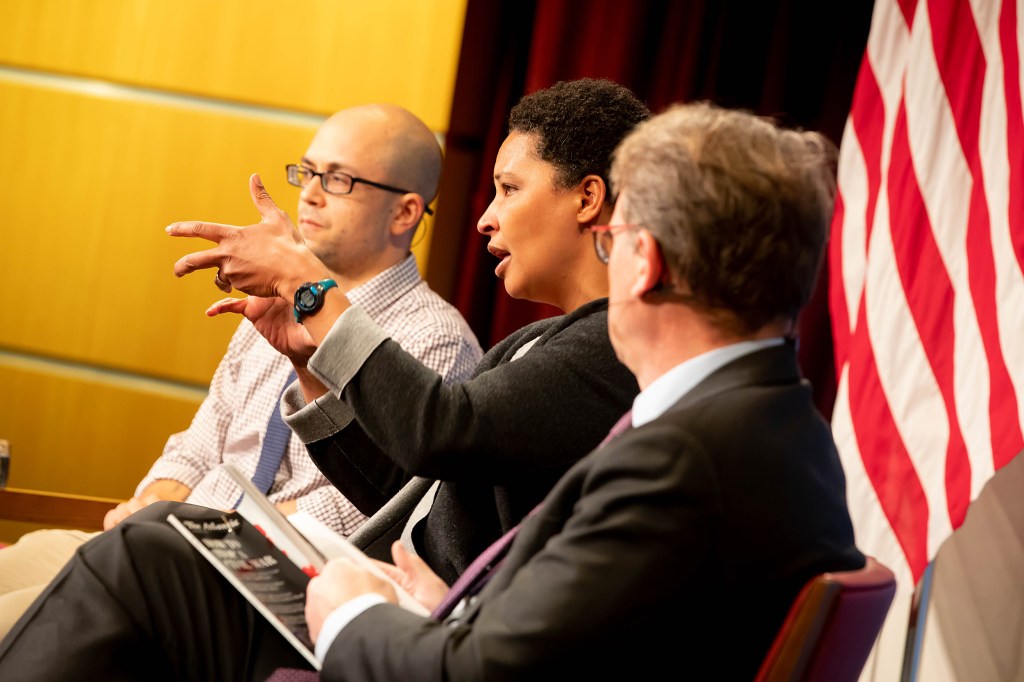
-
Breaking the barrier
Rebecca Scofield is writing a more complete history of the American West that includes the rich tradition of gay rodeos
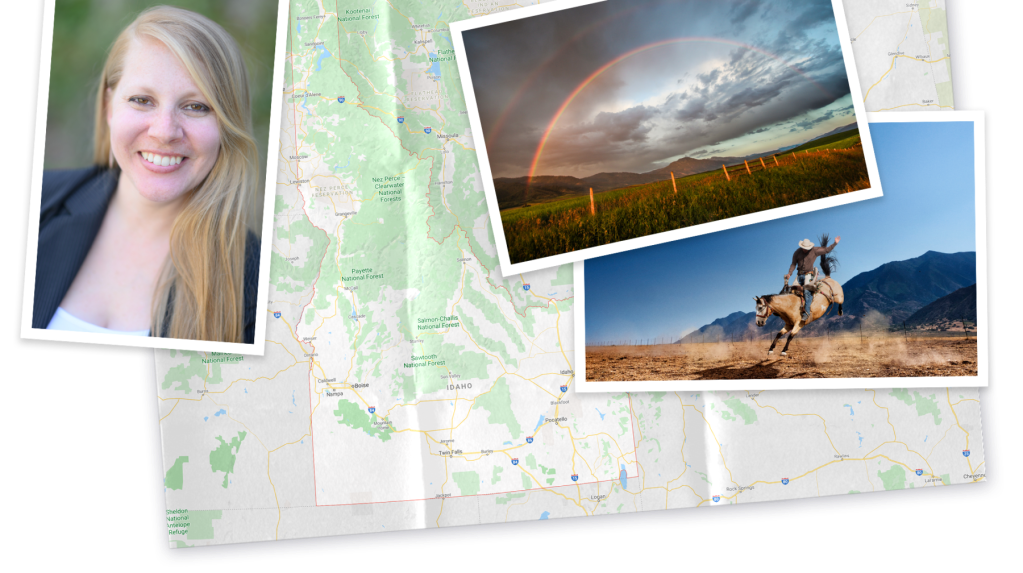
-
Science of success
Harvard University doctoral candidate Kayla Davis is combating a STEM crisis in Oklahoma through an online educational resource.
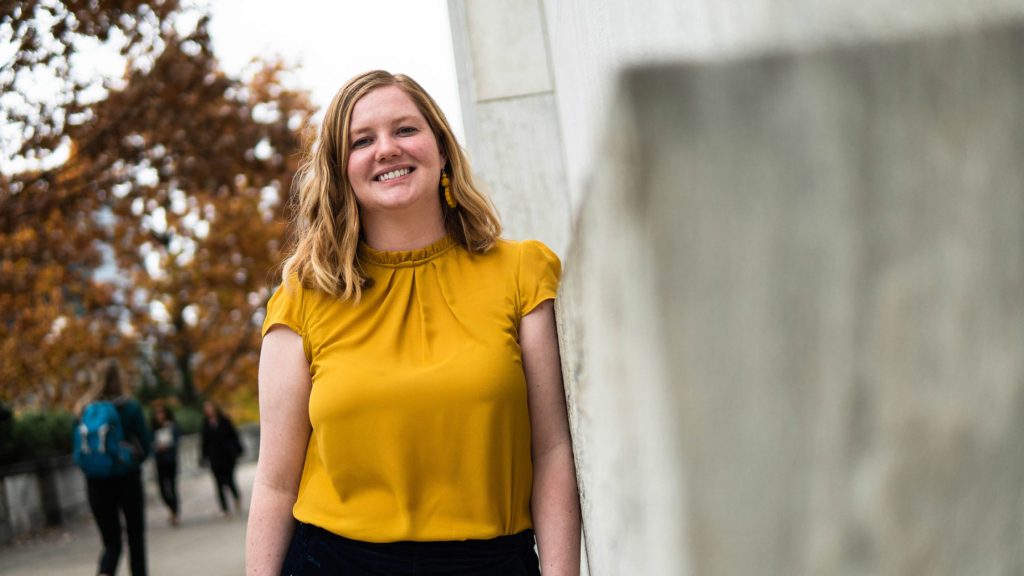
-
Cryptocurrency and national insecurity
In a simulation, North Korea has just tested a missile that will soon be capable of delivering a nuclear warhead to the continental U.S. The move took Washington by surprise as the project was likely funded via a new Chinese digital currency.
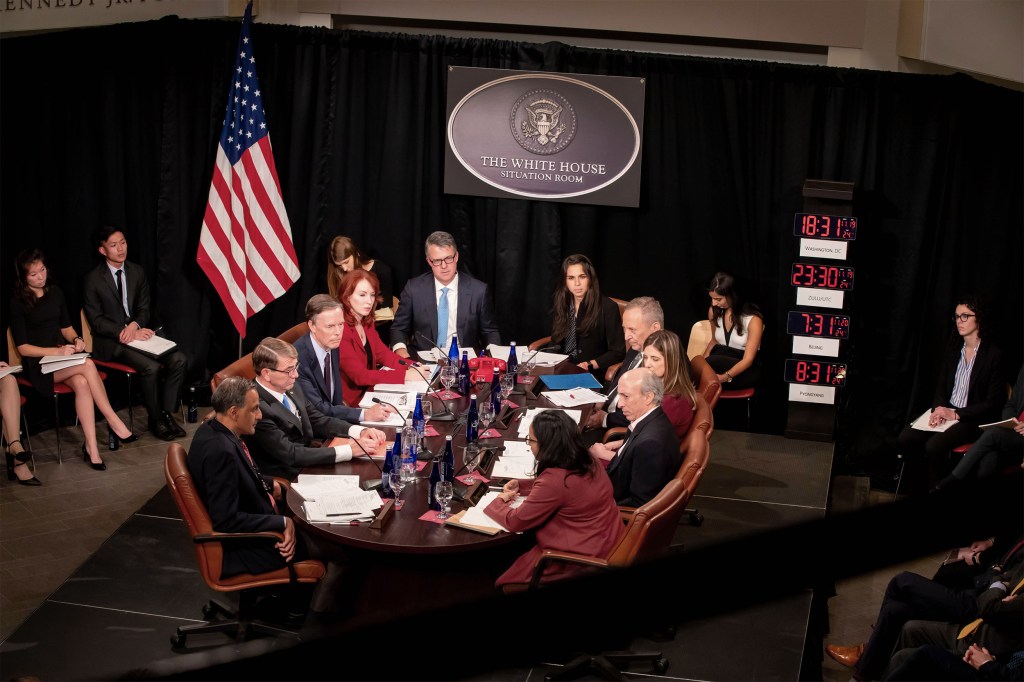
-
Home improvements
Harvard College student Jason Lam spent the summer after high school promoting affordable housing in his home state of New Jersey, and ended up finding a career path.
